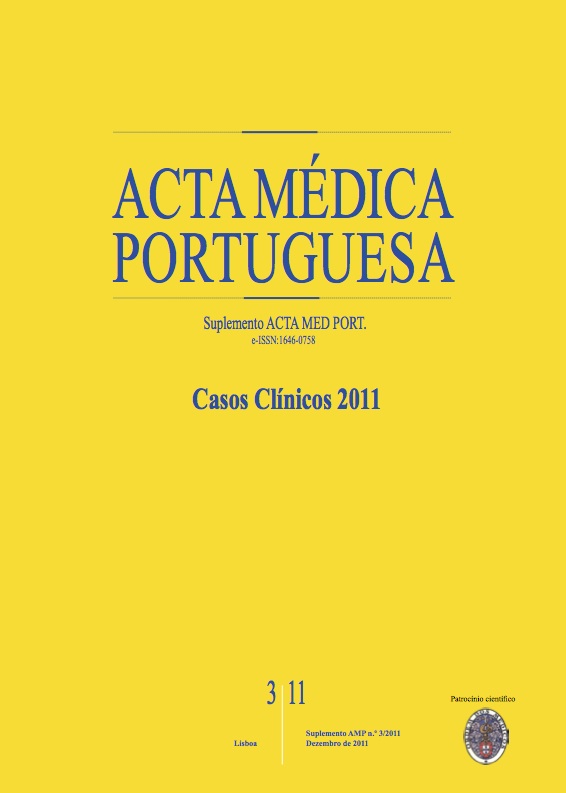Bartter syndrome: a new therapeutic approach.
DOI:
https://doi.org/10.20344/amp.1542Abstract
The Bartter syndrome is a rare hereditary salt-wasting tubulopathy, characterized by metabolic alkalosis, hypokalemia, hyperreninemia and hyperaldosteronemia of varying severity. Indomethacin and high doses of oral potassium have been until now the therapeutic strategies used, with high risk of gastrointestinal injury. Since April 2009, aliskiren--renin inhibitor--has been used in individual cases of Bartter syndrome in adults, by ignoring its use in pediatrics. The authors present the case of an eight year old child with Bartter syndrome, treated with oral potassium chloride and oral indomethacin, whom has been diagnosed a giant gastric ulcer. To enable the reduction of the amount of potassium administered, we chose to start the aliskiren.Downloads
Downloads
How to Cite
Issue
Section
License
All the articles published in the AMP are open access and comply with the requirements of funding agencies or academic institutions. The AMP is governed by the terms of the Creative Commons ‘Attribution – Non-Commercial Use - (CC-BY-NC)’ license, regarding the use by third parties.
It is the author’s responsibility to obtain approval for the reproduction of figures, tables, etc. from other publications.
Upon acceptance of an article for publication, the authors will be asked to complete the ICMJE “Copyright Liability and Copyright Sharing Statement “(http://www.actamedicaportuguesa.com/info/AMP-NormasPublicacao.pdf) and the “Declaration of Potential Conflicts of Interest” (http:// www.icmje.org/conflicts-of-interest). An e-mail will be sent to the corresponding author to acknowledge receipt of the manuscript.
After publication, the authors are authorised to make their articles available in repositories of their institutions of origin, as long as they always mention where they were published and according to the Creative Commons license.









